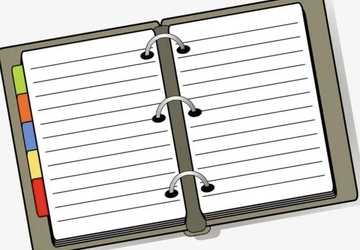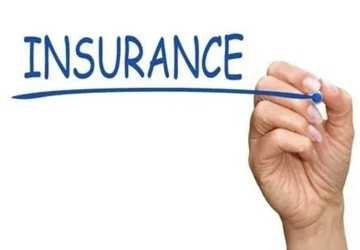It is wise to purchase insurance to cover every aspect of your life. However, it is also important that you fully understand your insurance policy. When you decide to buy insurance, you usually sign the document publicly. This is not the right thing to do.
Before signing the document, you must read your insurance policy carefully, understand it and ask any questions you may have. Once you've made your decision about insurance, you'll want to learn some insurance policy tips to help you get the hang of it, right? If that's the case, then we've got you covered below.
Top 10 Tips on How to Easily Navigate Your Insurance Policy
To help you better understand your insurance, here are ten of the most important insurance tips:
1. Check all spelling

If you want to read and understand your insurance policy, it is very important to double check the spelling before signing it. Sometimes, your insurance company may inadvertently mismatch the name or official company name of an insured person. Not acknowledging this before or even after signing the legal document can create problems when you might want your insurance to expire or need to transfer it to your beneficiary. Therefore, it is very important to check that all spelling information and names of persons included in the policy are correct.
2. Check the business address
Let's say you decide to purchase a business property policy or other policy for your business. In such cases, it is always important to verify the address of the business address or desired location covered by your policy. Also, it's important to verify your company's name. It is always important to ensure that all legal addresses and names are checked ahead of time and corrected if necessary to avoid possible future problems.
3. Make sure the make and model are accurate
There are several aspects you should know and consider when choosing car insurance. However, the most important thing on the list has to be the make and model of the vehicle you are insuring. As soon as your insurance company offers you a contract of insurance, you must check the make, model, model and VIN of the covered vehicle immediately. Knowing this and applying it when shopping for auto insurance is one of the most important steps you can take.
4. Check the cover type
There are different types of insurance, each with different premiums and different benefits. Understanding the types of coverage an insurance company offers is one of the most important steps in choosing the right policy. So when your insurer offers insights into each coverage, be sure to listen carefully and ask questions if necessary. Also, once you purchase insurance, it is very important to double check the type of coverage stated on the policy before signing.
5. Read and memorize start and end dates
Contract start date and end date are two of the most important dates mentioned in an insurance policy and it is important to have a good understanding of these two dates. The start date is the date the policy term you choose begins and the end date is the date the insurance benefits end. You need to know exactly how long you will need coverage before deciding on start and end dates. This makes it easy for you to choose coverage based on the term you want. Once selected, keep in mind the start and end dates so you can act accordingly.

6. Know retrodates if necessary
It is also important to be aware of rollback days and understand what they mean when filing an insurance claim. When filing a claim, you must understand and ensure that the renewal claim date on your liability insurance policy matches or matches your first policy. Otherwise, there may be a coverage gap in the insurance that will not positively impact your portfolio.
7. Know the limitations of your policy
The limit of insurance is the amount that the insurance company pays under the policy. Another important factor to consider when considering insurance is knowing the limits of the coverage you need and whether you can afford it. Never decide on more coverage than you can afford to pay each month or year. Because in addition to paying your insurance premiums, you have other expenses to manage. Therefore, failure to pay premiums will not have a positive impact on your insurance history.
8. Premiums and deductibles
Meet with your insurance company to learn about the premiums and deductibles associated with your policy. The premium amount includes many things that you have to pay. Therefore, it is important to understand each aspect and the associated benefits. Also, know what deductible you'll need to pay before the insurance company starts processing your claim, in case you want to claim it back.
9. Check the separate timetable if necessary
Some policies include a separate schedule to help change the policy's coverage terms. These are usually listed on the statement page and people need to look at these timelines, understand them and check that they are correct.
10. Ask questions when you have questions
Although we have covered all the points to consider and understand when buying insurance, sometimes you may have questions or suggestions. In this case, don't hesitate to ask the insurance company, and if you don't understand, find out what the specific lock means in the contract.
Conclusion
When you first decide to buy insurance, you may be looking for some tips to better understand your policy. We hope this article was helpful to you.


